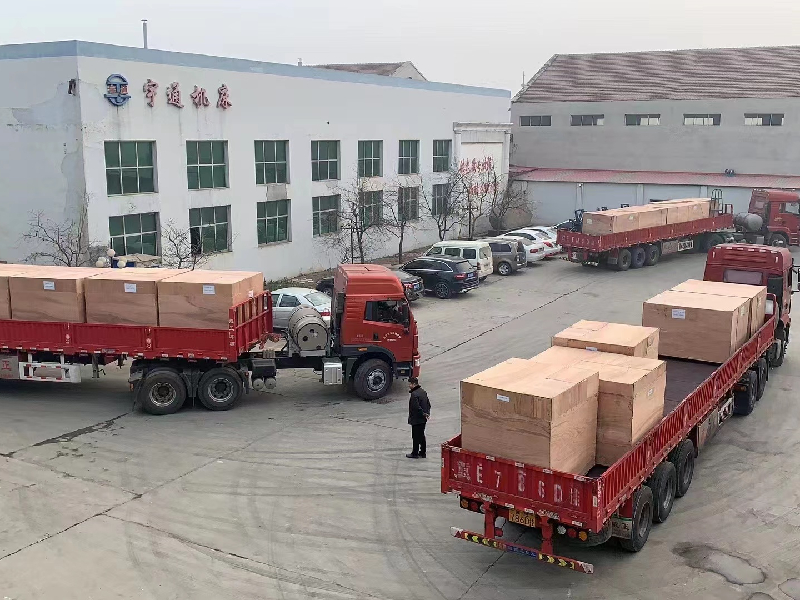
-
 Afrikaans
Afrikaans -
 Albanian
Albanian -
 Amharic
Amharic -
 Arabic
Arabic -
 Armenian
Armenian -
 Azerbaijani
Azerbaijani -
 Basque
Basque -
 Belarusian
Belarusian -
 Bengali
Bengali -
 Bosnian
Bosnian -
 Bulgarian
Bulgarian -
 Catalan
Catalan -
 Cebuano
Cebuano -
 Corsican
Corsican -
 Croatian
Croatian -
 Czech
Czech -
 Danish
Danish -
 Dutch
Dutch -
 English
English -
 Esperanto
Esperanto -
 Estonian
Estonian -
 Finnish
Finnish -
 French
French -
 Frisian
Frisian -
 Galician
Galician -
 Georgian
Georgian -
 German
German -
 Greek
Greek -
 Gujarati
Gujarati -
 Haitian Creole
Haitian Creole -
 hausa
hausa -
 hawaiian
hawaiian -
 Hebrew
Hebrew -
 Hindi
Hindi -
 Miao
Miao -
 Hungarian
Hungarian -
 Icelandic
Icelandic -
 igbo
igbo -
 Indonesian
Indonesian -
 irish
irish -
 Italian
Italian -
 Japanese
Japanese -
 Javanese
Javanese -
 Kannada
Kannada -
 kazakh
kazakh -
 Khmer
Khmer -
 Rwandese
Rwandese -
 Korean
Korean -
 Kurdish
Kurdish -
 Kyrgyz
Kyrgyz -
 Lao
Lao -
 Latin
Latin -
 Latvian
Latvian -
 Lithuanian
Lithuanian -
 Luxembourgish
Luxembourgish -
 Macedonian
Macedonian -
 Malgashi
Malgashi -
 Malay
Malay -
 Malayalam
Malayalam -
 Maltese
Maltese -
 Maori
Maori -
 Marathi
Marathi -
 Mongolian
Mongolian -
 Myanmar
Myanmar -
 Nepali
Nepali -
 Norwegian
Norwegian -
 Norwegian
Norwegian -
 Occitan
Occitan -
 Pashto
Pashto -
 Persian
Persian -
 Polish
Polish -
 Portuguese
Portuguese -
 Punjabi
Punjabi -
 Romanian
Romanian -
 Russian
Russian -
 Samoan
Samoan -
 Scottish Gaelic
Scottish Gaelic -
 Serbian
Serbian -
 Sesotho
Sesotho -
 Shona
Shona -
 Sindhi
Sindhi -
 Sinhala
Sinhala -
 Slovak
Slovak -
 Slovenian
Slovenian -
 Somali
Somali -
 Spanish
Spanish -
 Sundanese
Sundanese -
 Swahili
Swahili -
 Swedish
Swedish -
 Tagalog
Tagalog -
 Tajik
Tajik -
 Tamil
Tamil -
 Tatar
Tatar -
 Telugu
Telugu -
 Thai
Thai -
 Turkish
Turkish -
 Turkmen
Turkmen -
 Ukrainian
Ukrainian -
 Urdu
Urdu -
 Uighur
Uighur -
 Uzbek
Uzbek -
 Vietnamese
Vietnamese -
 Welsh
Welsh -
 Bantu
Bantu -
 Yiddish
Yiddish -
 Yoruba
Yoruba -
 Zulu
Zulu
screw thread rolling machine company
The Evolution and Significance of Screw Thread Rolling Machines
In the modern manufacturing landscape, screw thread rolling machines play a pivotal role in the production of fasteners and threaded components. These machines are integral to industries ranging from automotive to aerospace, where precision and reliability are paramount. Understanding the evolution, functionality, and significance of these machines can provide insights into their essential place in contemporary manufacturing.
The Evolution of Screw Thread Rolling Machines
The concept of thread rolling dates back to ancient civilizations, where artisans manually created threads using rudimentary tools. However, the industrial revolution in the 18th and 19th centuries marked a significant turning point in manufacturing processes. With the advent of mechanization, the introduction of screw thread rolling machines revolutionized the way threaded components were produced.
Initially, these machines were powered by steam or water and were limited in their scope. However, as technology advanced, so did the capabilities of thread rolling machines. The introduction of electric motors in the early 20th century allowed for greater speed, efficiency, and precision in the threading process. The development of computer numerical control (CNC) technology in the latter part of the century further enhanced the abilities of these machines, allowing manufacturers to produce complex thread patterns with exceptional accuracy.
Functionality of Screw Thread Rolling Machines
Screw thread rolling machines operate on a simple yet effective principle. They utilize two or three cylinders, often referred to as dies, that apply pressure to a metal blank, forcing it to deform and create threads. This process, known as cold rolling, enhances the metal’s grain structure, resulting in stronger and more durable threads compared to traditional cutting methods.
One of the major advantages of thread rolling is its efficiency. The rolling process generates minimal waste, making it an environmentally friendly option in manufacturing. Additionally, parts produced through thread rolling typically exhibit superior mechanical properties due to the work-hardening effect that occurs during the process. This characteristic makes rolled threads less susceptible to wear and fatigue, which is critical in high-stress applications.
screw thread rolling machine company

Applications Across Industries
Screw thread rolling machines are indispensable across various sectors. In the automotive industry, for instance, these machines are used to produce threaded components for engines, transmissions, and suspensions, where high strength and durability are essential. In aerospace, the need for lightweight yet strong materials means that the properties enhanced by thread rolling are particularly valuable in the production of fasteners and structural components.
Moreover, the construction industry relies heavily on thread rolling machines for creating anchor bolts and other fastening solutions essential for ensuring structural integrity. The energy sector, particularly in oil and gas, also utilizes these machines for producing threaded pipes and fittings that must withstand extreme conditions.
Challenges and Innovations
Despite their numerous advantages, the screw thread rolling machine industry faces challenges, including the need for skilled operators and the constant demand for higher precision. However, the landscape is evolving with innovations such as automation and smart manufacturing technologies. These advancements aim to enhance operational efficiency and reduce human error, making these machines even more indispensable.
Furthermore, research into new materials and coatings is ongoing, allowing manufacturers to produce threads that stand up to even more demanding environments. The integration of artificial intelligence and machine learning into the manufacturing process is expected to optimize performance and predictive maintenance, ensuring minimal downtime and greater productivity.
Conclusion
The screw thread rolling machine company exemplifies the significant advancements in manufacturing technology over the years. These machines not only improve efficiency and reduce waste but also ensure that the threaded components produced are robust and reliable. As industries continue to evolve and demand more from their fasteners and threaded components, the role of screw thread rolling machines will undoubtedly grow, solidifying their place as a cornerstone of modern manufacturing.
